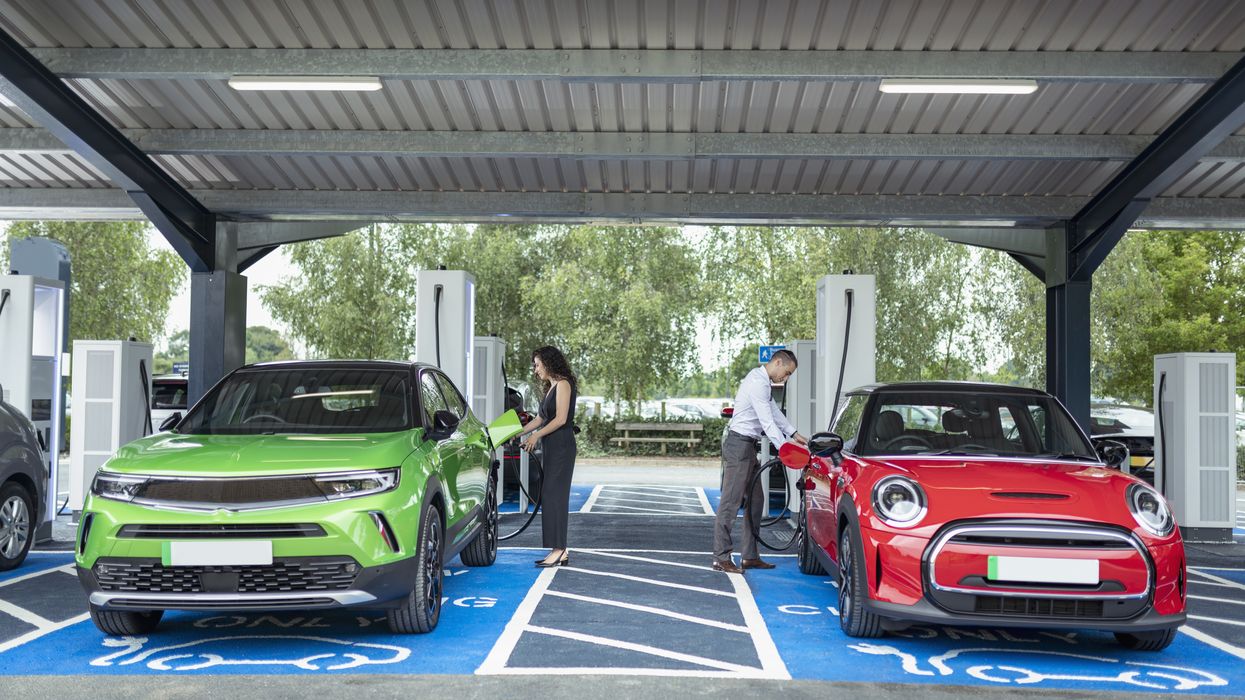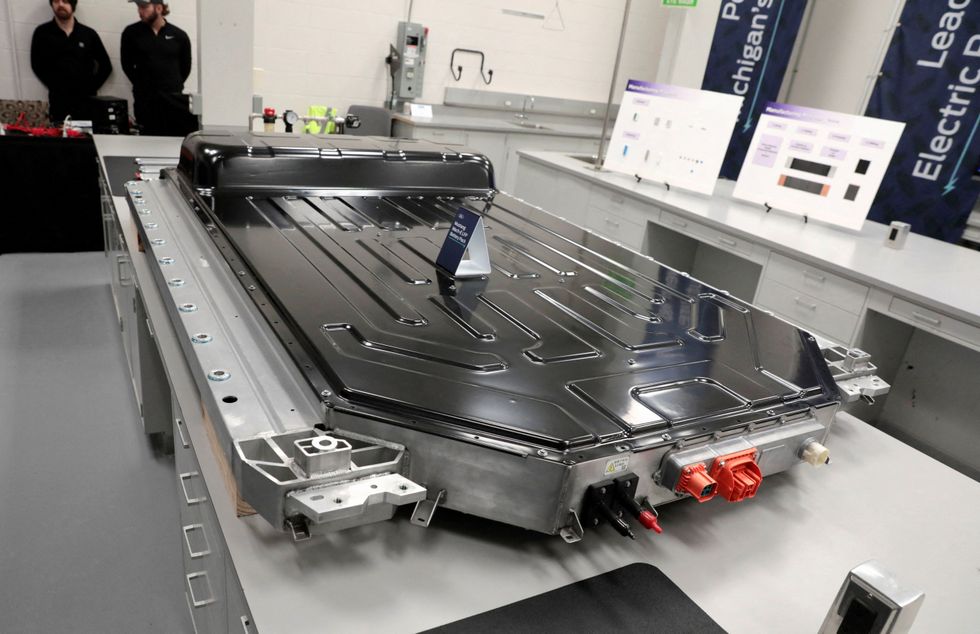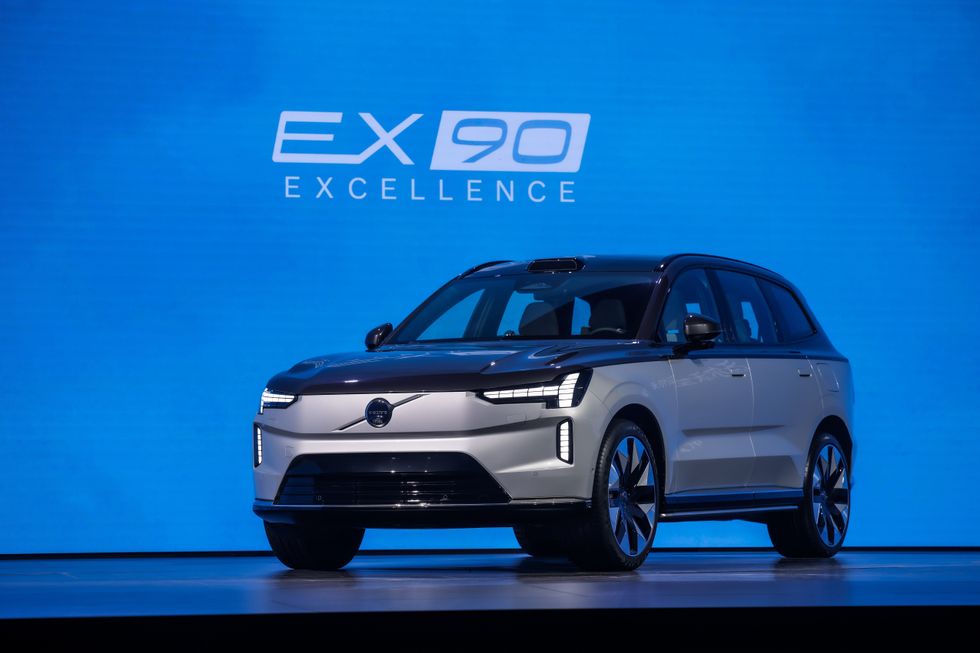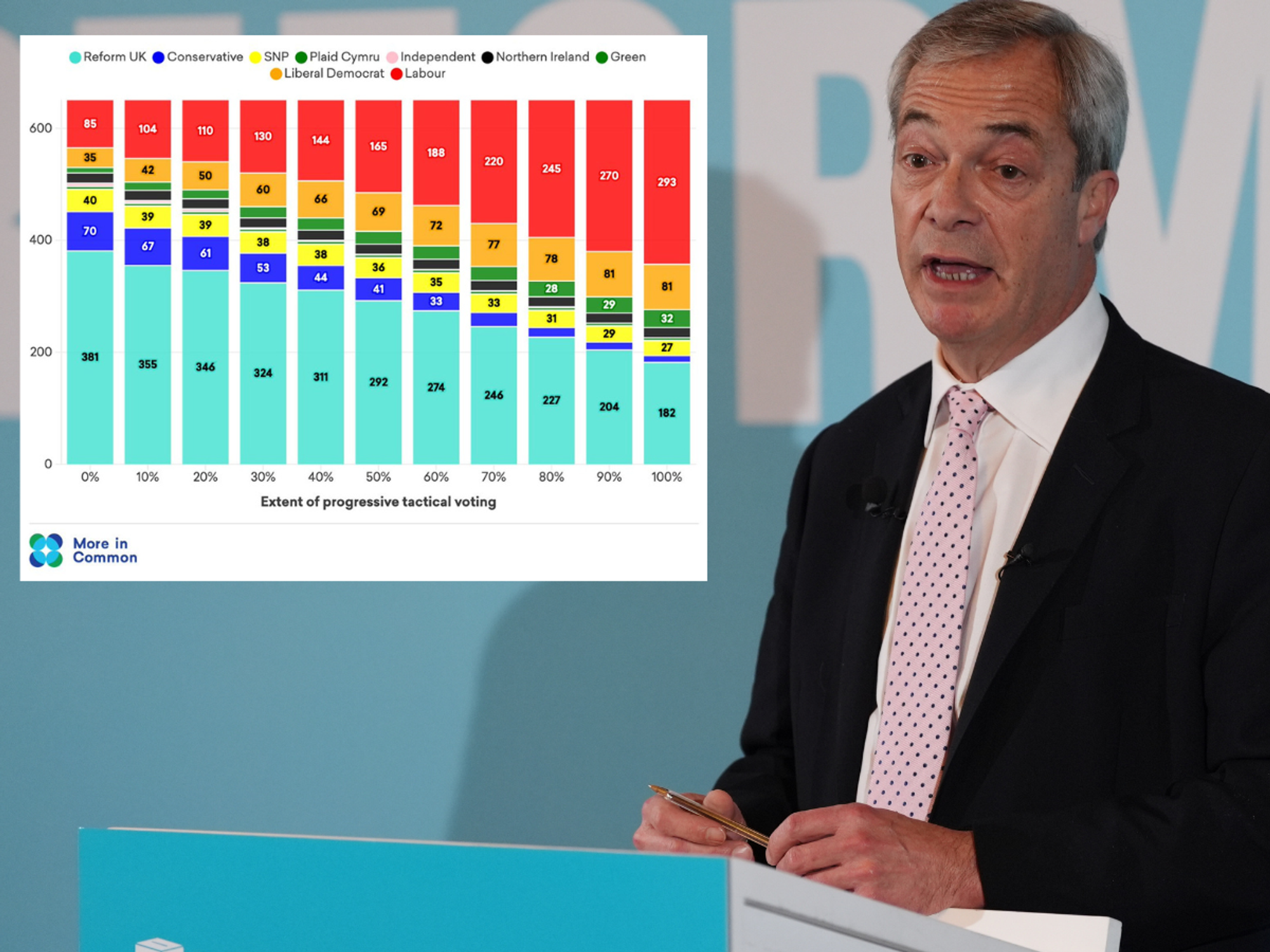Labour to launch European Union driving laws to boost electric cars amid pledge to scrap petrol and diesel

Electric vehicles in the EU will need battery passports by 2027
| GETTY
The new rules will ensure drivers are given 'fair prices' when buying a second-hand electric car
Don't Miss
Most Read
Latest
Labour has pledged to roll out new electric vehicle "battery passports" to help drivers looking to buy a used EV have faith that the car battery will not degrade as quickly as some fear.
The Labour manifesto outlined a number of measures designed to capture the vote of Britain's drivers including increased funding for potholes and a plan to reinstate the 2030 deadline to ban new petrol and diesel cars and vans.
Keir Starmer's party also pledged to accelerate the transition to electric vehicles with more charging points in a bid to meet the 300,000 goal by the end of the decade.
Another aim is to "support buyers of second-hand electric cars by standardising the information supplied on the condition of batteries".
Do you have a story you'd like to share? Get in touch by emailing motoring@gbnews.uk

The passports will show the components of the EV battery
| REUTERSThese so-called "battery passports" have only recently been rolled out, with the European Union mandating that all EV batteries over 2kWh will need a passport from February 1, 2027.
The passports will provide information to drivers and garages about the origins of the raw materials inside the battery, its components, recycled content and carbon footprint.
Volvo became the first manufacturer to announce its intention to roll out battery passports, with it being launched with its flagship EX90 SUV electric vehicle, set for release before the end of the year.
Labour is the only political party to have announced intentions to launch battery passports to help drivers looking to invest in a used electric vehicle.
Tara Foley, CEO of AXA UK&I, celebrated the announcement from Labour and praised the party for helping people interested in buying second-hand cars for "fair prices".
She added: “AXA UK has long been calling for standardised battery health certificates to drive affordability of second-hand EVs.
"Currently there is no method for fairly pricing second and third-hand EVs and no clear benchmark for customers, so we are pleased to see this commitment in Labour's manifesto.
"We hope any future Government will make this a priority and we would look to work with them on this key proposal.”
Volvo said its aim was to be transparent with motorists about the environmental credentials of its electric vehicles and aimed to get ahead of the European Union rules before the official launch in 2027.
The Swedish brand added that it wanted to be a pioneer and a leader in the sector by ensuring drivers that the products on the market were safe and environmentally conscious.
Reports from the European Union Battery Regulation state that the manufacturer passports should address "social and environmental risks related to extracting, processing, and trading raw materials".
The digital documents will be linked to the VIN of the car, with a QR code that will reveal information about the source of the batteries before the manufacturing process.
LATEST DEVELOPMENTS:

The Volvo EX90 will be the first EV with a 'battery passport'
| VOLVOThis is being done to ensure the EU prepares to meet its deadline to ban the sale of new petrol and diesel vehicles from 2035 - the same end date as the UK.
With the General Election on the horizon, political parties have been unveiling different pledges for the car ban. The Conservatives will stick with the 2035 deadline, while Labour and the Liberal Democrats will reinstate the 2030 ban.
The Green Party announced plans to end the sale of new ICE vehicles by 2027 with a goal to ban all petrol and diesel cars on roads by 2035, with Reform UK pledging to scrap the car ban entirely.










